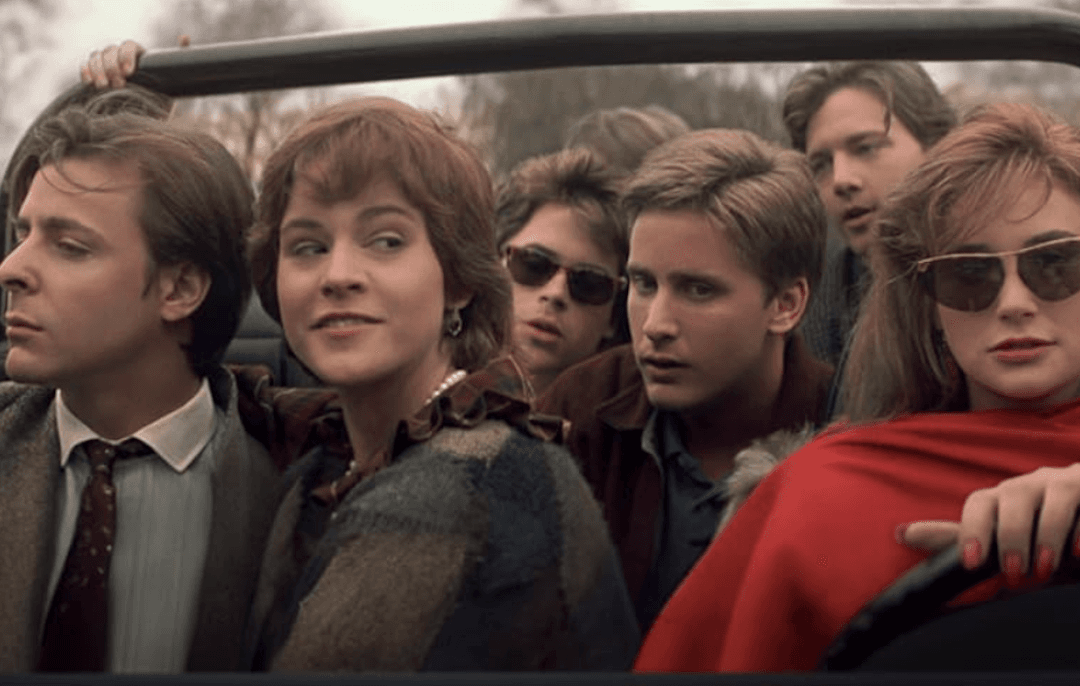1h 32m | Documentary | June 13, 2024
In the 1960s, a Hollywood social group consisting of Frank Sinatra, Dean Martin, Sammy Davis Jr., Peter Lawford, and Joey Bishop, were dubbed “The Rat Pack.” They were the epitome of 1960s cool.

1h 32m | Documentary | June 13, 2024
In the 1960s, a Hollywood social group consisting of Frank Sinatra, Dean Martin, Sammy Davis Jr., Peter Lawford, and Joey Bishop, were dubbed “The Rat Pack.” They were the epitome of 1960s cool.